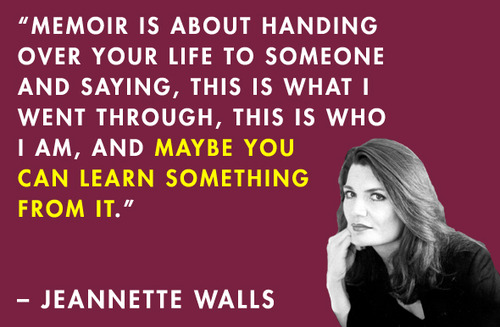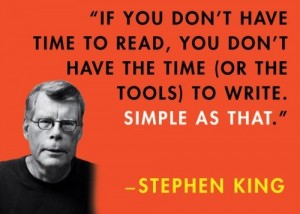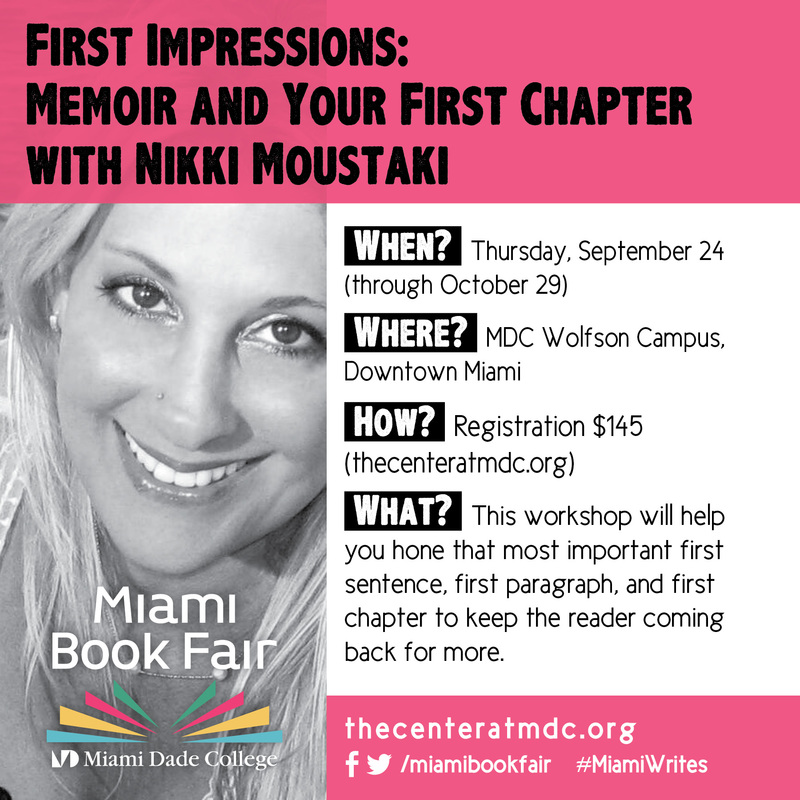1. Do I have to remember the conversation between my neighbor's cousin, my mom's hairdresser, and myself when I was eight years old?
Unless the dialogue was so memorable that it was seared into your eight year old brain, then no. And you can sill use that exchange. How? You don't have to write what anyone has said word for word. That would get tedious and boring even if you did remember it. You just have to nail the spirit of the dialogue.
For example, in my book, The Bird Market of Paris, I included exchanges between myself and my grandfather, many of which happened when I was a child. I was lucky, because my grandfather was a man who liked to repeat himself, so I heard the same stories and we had the same conversations many times. But was I able to transcribe every word that we ever spoke to each other? No. I was able to boil down those conversations into writing that was truthful as well as interesting.
What's more interesting?:
"Hey, Paul. How's work."
"Work is good, Jim. How's your work?"
"I like it well enough. How's your wife?"
"My wife is well, thank you. We traveled to Atlantic City this past weekend."
"I have been to Atlantic City. Great town. You are very lucky, my friend."
Or:
"Hey, Paul. How's work?"
"Don't get me started."
"That good?"
"If I have to clean one more fish tank, I'm going to quit."
"Laya and I hopped over to Atlantic City over the weekend. We finally found a babysitter that could walk and chew gum at the same time."
"I lost my shirt and shoes last time I was in AC. Never again."
The first exchange is stilted and boring. People do sometimes speak this way, but they shouldn't speak this way in your book or story. In the second exchange, there's some notion of drama and voice. They aren't speaking directly to each other, and the second man even changes the subject. This is more the way people actually speak.
If you want to read a story where characters do speak to each other more directly, check out: HILLS LIKE WHITE ELEPHANTS, ERNEST HEMINGWAY. I don't recommend this style unless you can do this as well as Hemingway.
I love all insider memoirs. It doesn't matter whether it's truck-drivers or doctors. I think everybody likes to go backstage, find out what people think and what they talk about and what specialized job they have." ~David Mamet | 3. How much dialogue should I use? If you are writing dialogue, then you are writing in scene. I like to say, as a general rule, that your memoir should be about 75% scene and 25% exposition. When you write in scene, if there's another character there, then make the dialogue happen. Because this is memoir, you will have to rob your memory banks for dialogue. The good news is that formerly forgotten memories will come to you as you write. You can experiment with writing a piece using only dialogue, but most writers will not be able to pull this off, if only because an editor won't allow it. But mostly because it will make your memoir a kind of "concept piece," and those are hard to write, read, and sell (though all of the above does happen). |
Unless you are famous (and can "get away with" more than the average writer because you're going to sell millions of copies based on your name or position) or you're writing something experimental, always use typical dialogue conventions. This means that you will indent every time a new person is speaking. You will put each of the pieces of dialogue inside of quotes. And punctuation always goes inside the quote.
Don't have your characters make small talk or chit chat unless it's important to the story. For example, chit chat between two neighbors over a fence isn't going to carry the weight of chit chat between someone on death row with one hour to live and his lawyer.
You will get the hang of dialogue when you practice writing it. Just write and write and write, and then cut out the unnecessary, the boring, and the stilted.
Try this exercise: Go to a coffee shop or cafe where people are speaking openly. Without being noticed (and seeming like a creeper), write down everything they say. Do this with a variety of people. A married couple. A dating couple. Friends. Parents and children. Don't offer candy to anyone.
Happy writing!



 RSS Feed
RSS Feed